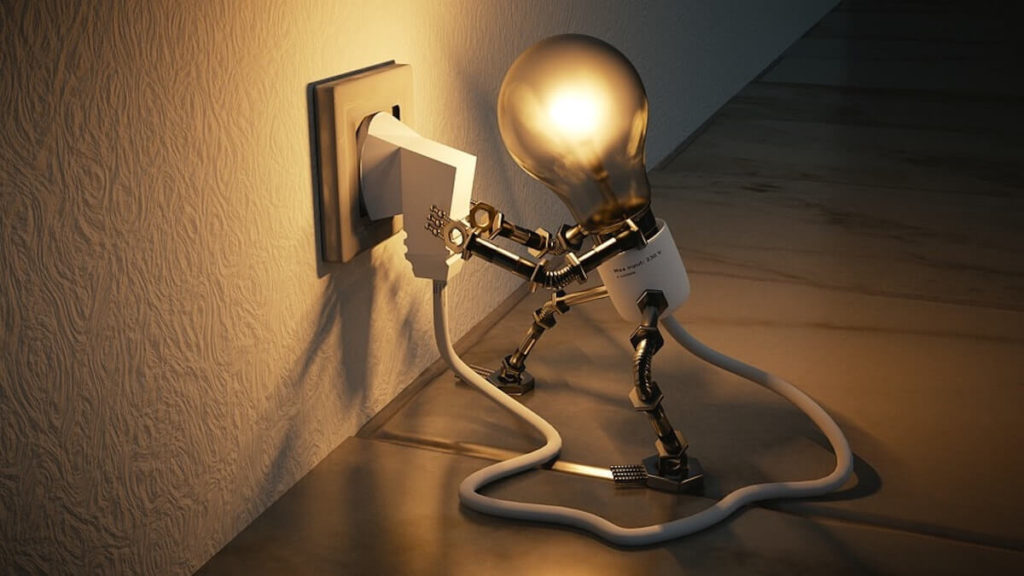
The average household uses an increasing amount of electricity, but it’s not just because our homes are getting bigger and filled with more gadgets. Electricity usage has increased because we use electricity for a wider range of activities than ever before.
Even though our houses aren’t growing in size, the ways that we use space have changed dramatically. In the past, most people used their homes primarily as places to live and as a place to store their belongings.
Today, people use their homes to conduct business, learn new things, pursue hobbies and interests, and much more. As a result, the way that we think about our homes has changed significantly.
The average household uses more electricity every year because we use our homes for so many different activities—and in this article you will learn exactly how much!
How much electricity does the average household use?
The price of electricity varies from state to state and the average home uses more electricity than any other appliance.
In fact, according to the U.S. Department of Energy, the average American home uses about 10,000 kilowatt-hours (kWh) of electricity every year – that’s about 900 kWh per month.
But how much electricity does the average household use? The answer largely depends on your state and how many people live in your house. If you live alone or with roommates, it’s also likely you use less energy than other households.
The main factors are how much the home is used, what appliances are in it, and how much energy is being used for heating and cooling.
In 2017, the average American household used 29% more electricity than they did in 2005. The number one reason for increased electricity use was due to higher temperatures.
Factors that can trigger the consumption of electrical energy
A key factor in how much electricity households use each month, is the amount of energy they consume while using appliances and lighting throughout the day.
For example, if you leave the lights on all day long, your electric bill will be higher than if you turn off the lights when you go to bed at night.
Another important factor is how much time people spend on electronic devices like computers and mobile phones. If you spend more time browsing on the Internet or watching TV, you’re probably using more electricity than if you are sitting at a desk doing work at home.
The other major factor affecting how much electricity households use each month is their overall energy consumption – how much they use from any source (e.g., natural gas, oil, coal).
If you live in a large house with many appliances and are charging everything while you’re at home, it can take up to 15 years to break even on an average energy bill.
When you have an electric meter that measures the amount of electricity used on a daily basis, you will be able to see how much electricity your household is using over time.
If you use more electricity during certain months than others, you can use this information to determine whether or not your home is using more power during peak times of day or if there is a problem with your electrical system.
Some advices
Firts, the amount of space you have available in your home is important. If you have a small house with a limited amount of habitable space, you will need to use the room that’s available in order to make sure everyone gets the most out of their electricity. That means running your air conditioner at night and keeping your thermostat set as low as possible.
Second, if you have concrete floors in your home, you will need to use more electricity for heating than if you just have carpeting. If you live in a cold climate, it may be necessary to both heat and cool your home.
Third, the older your home is, the more likely it is to use more electricity than newer homes. Old houses are often warmer and cooler than new homes, necessitating the use of more fuel for heating and cooling.
Fourth, if you have used energy-efficient windows in your home, you will use less electricity for heating and cooling than a home with traditional windows.
Fifth, if you have a large dining room table and you eat dinner there every day, you’ll use more electricity than if you have a small dining room table and only have dinner occasionally.
Whether you live in a small apartment or a large house, your electricity usage will depend on a number of factors that vary greatly from person to person.
Do you want to know more? Message us today with your questions.

0 Comments